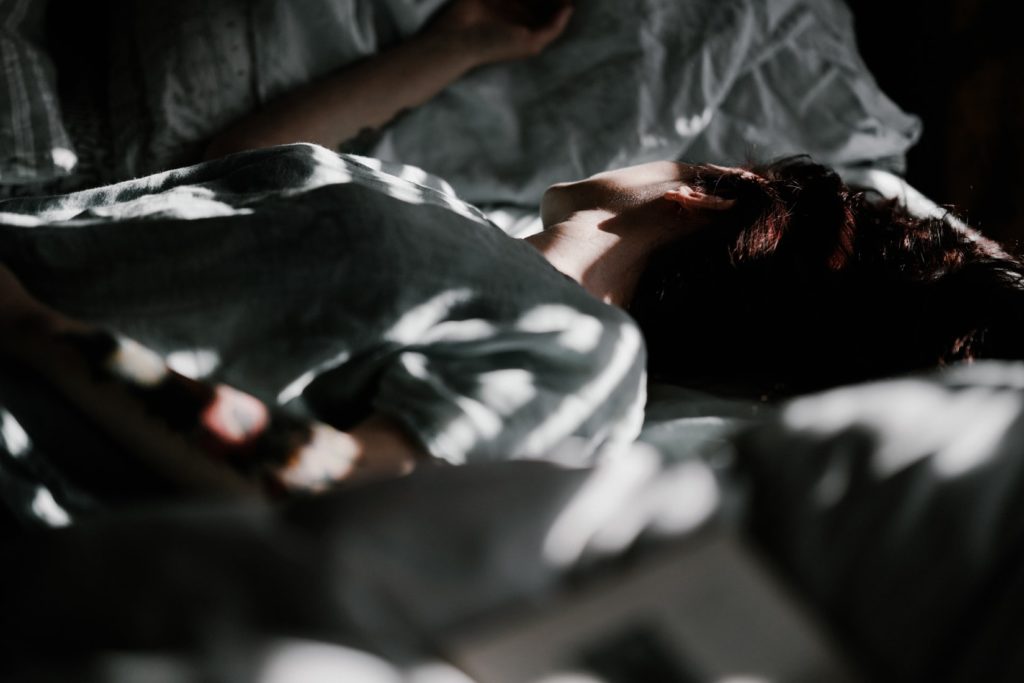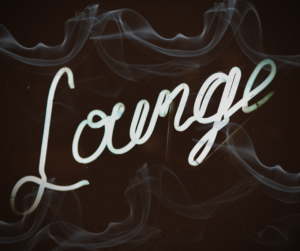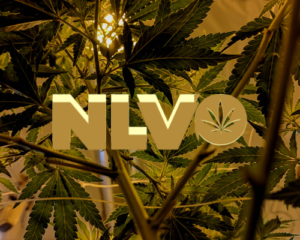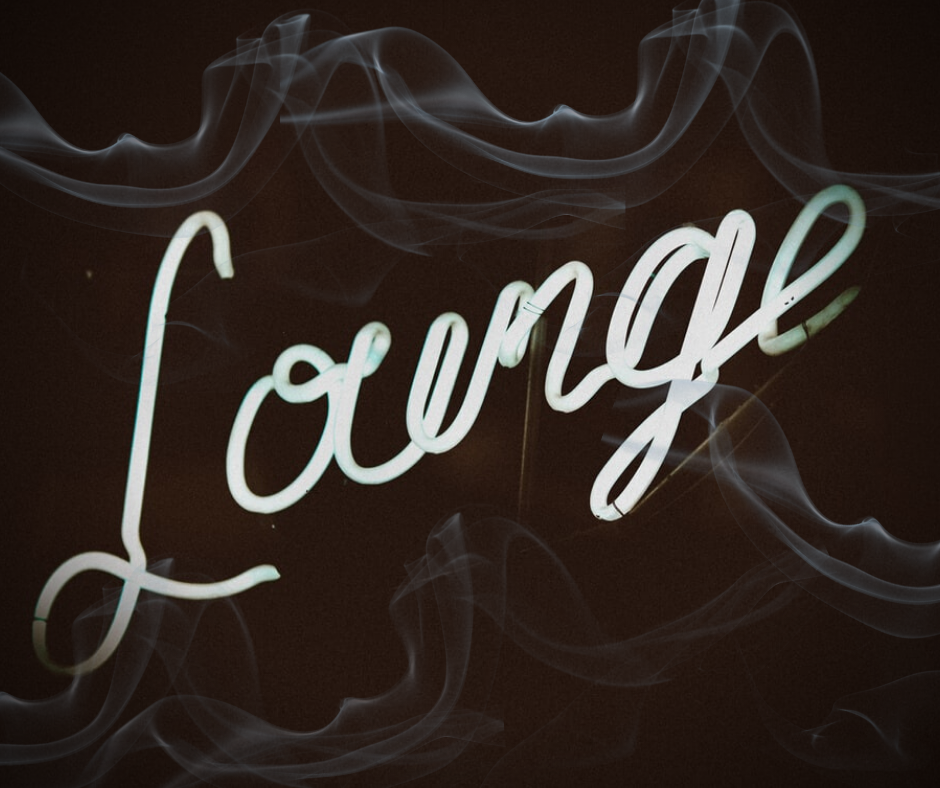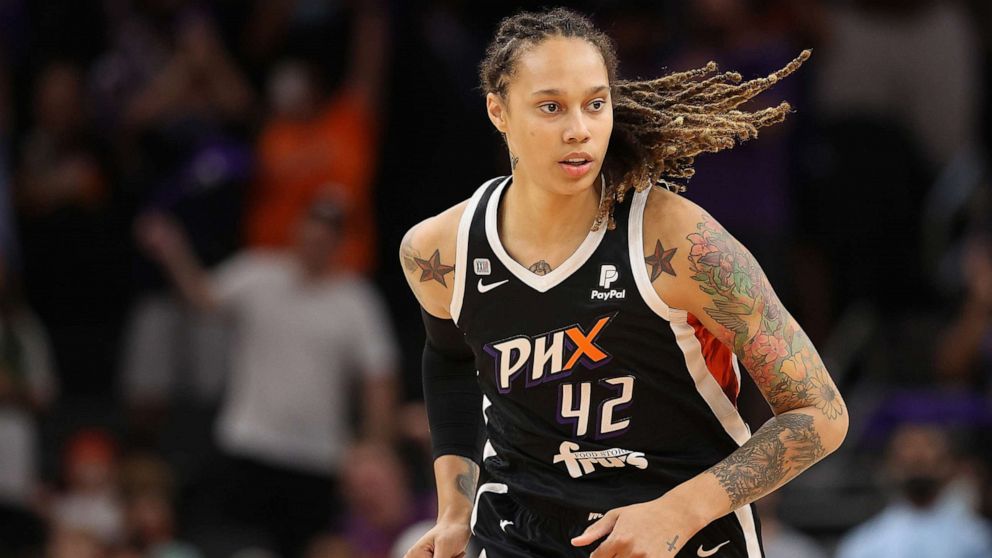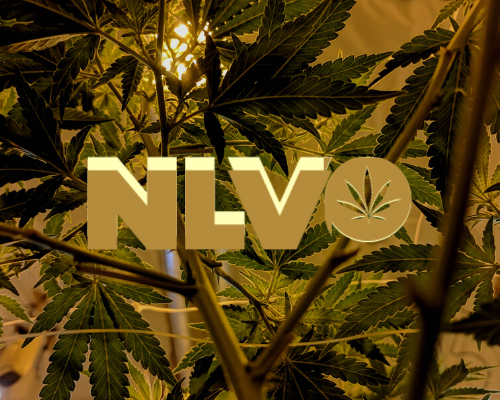There’s a rumor that stoners don’t dreams. Maybe our minds are so vivid that their dreams are non existent. Maybe there’s more science behind it. Recent studies, have confirmed that habitual cannabis-consumers don’t dream as a direct result of prolonged cannabis consumption. Cannabis may very well put you to sleep; but, it may be more a blank-slumber rather than a colorful dream.
But still, knowing all the medical and recreational benefits that cannabis can provide, it makes stoners wonder why exactly don’t I dream anymore?
Stages of Sleep
To get to the root of the issue, we have to look at what makes you dream in the first place. The state of REM (Rapid Eye Movement) actually causes dreams. There are four other stages of sleep before you are in a deep slumber where dreams can regularly occur. All of these stages affect brain activity differently but, outside of REM, dreams are much harder to remember. That’s why you wake up from a high-nap with a hazy memory.
Unfortunately, REM state isn’t something that you start at when you drift to sleep. Through the entire sleep process, human brains are pretty active; but, in REM, the body is in a near paralyzed state where truly vivid dreams occur.
For some reason, THC increases some stages of sleep and decreases the REM stage. As a result, long-time consumers tend to dream less than the average person -while some don’t dream at all. Alternatively, halting consumption can cause ‘REM rebound’. This is where users can be flooded with dreams as if the body and mind believe you need to catch up on what has been lost. A 2001 controlled study on cannabis abstinence confirmed that “strange dreams increased significantly during one abstinence phase.”
Lack of REM sleep is a not bad thing at all, however. There is no negative effect to a lack of being in the dream state on a regular basis. Not experiencing the other stages of sleep, on the other hand, is a different story!
Providing Better Sleep
So, the rumors are true: cannabis actually suppresses REM sleep, in turn, decreasing dreaming in consumers. For some, that may not be the worst thing because, at the end of the day, it still puts you to sleep. Though you may not be in la-la-land, cannabis-induced sleep is also known to be stronger than pharmaceutical ones.
It’s important to know that cannabis hasn’t been proven to cure insomnia. Rather, it addresses the things keeping you awake. Treating anxiety and stress, among other things, causes the plant to be perfect for putting the mind at ease. This creates a more relaxed environment that invites sleep.
NORML shared part of a Colorado study on insomnia:
“Our results show that the market share growth for sleep aids shrank with the entry of recreational cannabis dispensaries … and the strength of the association increased with each subsequent dispensary.”
“Cannabis use disorder among people using cannabis daily /almost daily in the United States, 2002-2016. Drug and Alcohol Dependence, Vol. 205
For general sleep-aids within cannabis, there are a few things to look for. CBD and CBN are tried and true for putting the mind at rest. The addition of THC will create a much stronger effect, as it does with most cannabinoids. Myrcene, Linalool, and Caryophyllene are terpenes that are great as sleep-aids as well. Research the entourage effect or ask you budtenderv about terpenes your next pick-up.
So, there we have it: why stoners don’t dream? While this isn’t harmful at all, it’s fascinating to learn more about cannabis and the human body. As we near a conversation of legality that we can agree on hopefully more cannabis research will be allowed.
